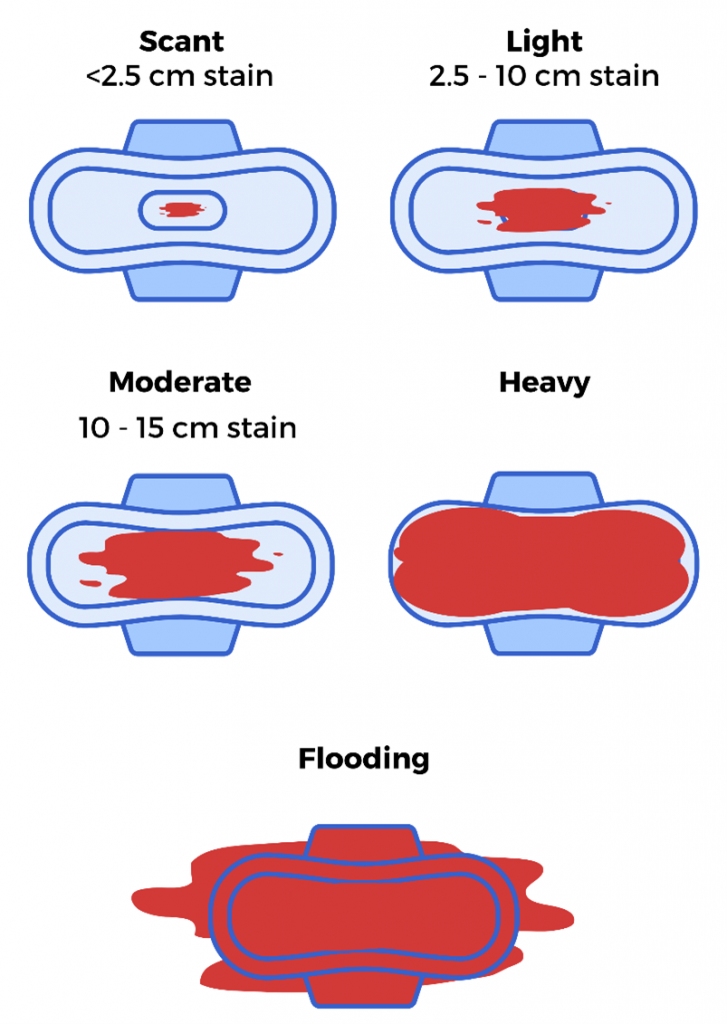Caring for your wellbeing after an abortion
It’s a good idea to rest and take it easy for a couple of days after an abortion. Most people have a smooth and quick recovery period, but if you have any worries you can call our Patient support line. Our nurse/midwife-led support Line is open 24 hours a day, including weekends and bank holidays. We are always here for you.
NUPAS Patient Support Line
From the UK:
0333 016 0400
From the Republic of Ireland:
(01) 874 0097
From All Other Countries:
+0044 161 4872660
Bleeding: What is Normal?
Bleeding can vary for each person and each abortion. It is important to wear sanitary towels suitable for a heavy flow to keep track of how much you bleed. We have described the type of bleeding that can be expected for medical and surgical abortions with some images to guide you below. If you are ever unsure if what you are experiencing is normal, call our Aftercare Line.

Pain: What is Normal?
You will have cramping and pain which can be severe for a short period time during a medical abortion. You may have some pain and cramping after a surgical abortion. This cramping may feel like period pains. The pain can also be in your back, thighs and tops of your legs.
Understanding Complications
Serious complications have warning signs. If you have any of the symptoms listed below call our Patient Support Line straight away as they can (but not always) be a sign of infection or complication:
Features suggestive of sepsis and indicating the need for urgent intervention include:
Call 999 or ask your support individual to phone for an ambulance immediately if you have any of the following symptoms:
After Your Abortion
What Activities Can I Do After an Abortion?
After your abortion is complete, you can usually return to your normal activities as soon as you feel comfortable. Find out more about specific activities below.
Your Emotional Wellbeing
After having a TOP, it is normal to feel a wide range of emotions. Some women can feel sad, guilty, and upset, and others can feel relief. For most women, they will feel better after a few weeks. If you are struggling and needs some support, please give out patient support line a call, our clinicians can talk with you, and can book you to see our counsellors who specialise in abortion counselling both before and after treatment if you would like.
If you are having thoughts of suicide or self harm, please contact 999 or present to an emergency department.


